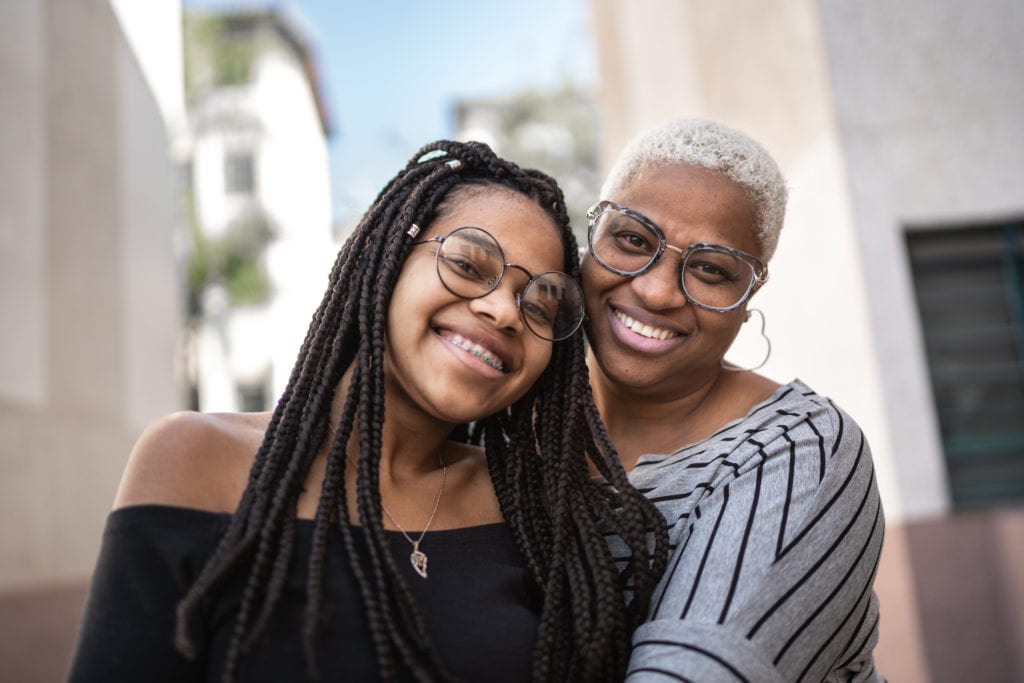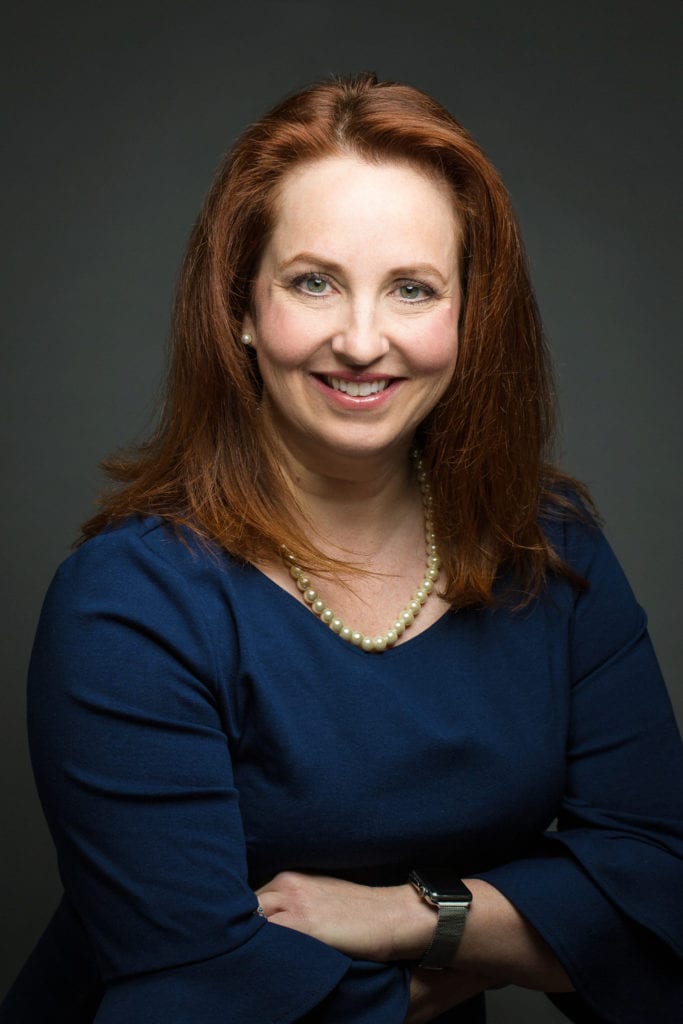Disclosure :: This post is sponsored by Ochsner Baton Rouge and was written by Dr. Sarah Davis who currently practices at Louisiana Women’s Healthcare in Baton Rouge.
7 Ways to Prep Your Daughter for Her First Period
 Puberty is difficult for everyone. The menstrual cycle can be scary and confusing for girls who haven’t been taught about their periods. Here are a few tips for prepping your daughter for her first period.
Puberty is difficult for everyone. The menstrual cycle can be scary and confusing for girls who haven’t been taught about their periods. Here are a few tips for prepping your daughter for her first period.
- Bring it up early. Most girls get their first period between 10-15 years old, and the average age is 12. It is a good idea to bring up the topic in natural conversations while she’s around 7 years old. For example, as curious kids tend to do, she may notice your period supplies in the bathroom and ask about them. Based on her age, you can explain as much as you feel is needed. Fun fact: Because you share DNA, your daughter’s puberty may mimic yours. If you can remember when you started your first period, chances are your daughter will have her period around that age. The menstrual cycle typically begins two years after breasts begin to develop.
- Keep it simple. Explain to her what her body is doing. Talk to her about the facts and science behind the menstrual cycle and why it happens every month.
- Talk about supplies and surprises. Show her the options for period supplies and how to use them. Since periods are often unpredictable in the beginning, be sure to tell her what to do in case she is caught without protection. Suggest that she carry a light jacket in her backpack to wrap around her waist in case of emergency. Teach her how to create a pad using toilet paper, paper towels, washcloths or even a sock to lay on her underwear until she can get proper supplies.
- Get the men in your life involved. She shouldn’t be embarrassed to talk to her father figure about her period and she shouldn’t feel like she needs to hide it from him when issues arise. For example, if she runs out of supplies and you’re not around, she should be able to go to her dad for help with getting more without embarrassment or shame. If your significant other doesn’t know much about the menstrual cycle, encourage him to become educated to support the women in his life.
- Make sure she knows she’s not alone. Every teen and adult with a uterus likely have experienced a menstrual cycle, even if they no longer have one for a variety of reasons (menopause, hysterectomy, etc.). Make sure she knows that not only do you have her back, but she should be able to approach other women in case she needs help when you’re not around, especially at school. Talk to her about also being an ally to other girls in her class.
- Be positive and informative. We all know that the menstrual cycle comes with many unpleasant symptoms. Be realistic about the possibility of bloating, cramps, headaches, breast tenderness, fatigue, depression, mood swings, cravings, skin issues and other symptoms. But try not to focus heavily on symptoms until she begins experiencing them! Instead, focus on how these symptoms can be treated and managed.
- Avoid period shaming. The menstrual cycle is a natural process that is often stigmatized in society and treated as a taboo to discuss. Women in various cultures are taught to be embarrassed by their period. Young girls will experience a lot of conflicting messaging about their bodies. Be specific and direct. Try to use the actual words for body parts and the menstrual cycle instead of terms like “feminine hygiene,” “time of the month,” “monthly visitor” and “mother nature.” This conversation is a chance to help shape her view of her body’s natural process, and it’ll mean a lot coming from you!
Sarah Davis, MD currently practices at Louisiana Women’s Healthcare in Baton Rouge. A 




















